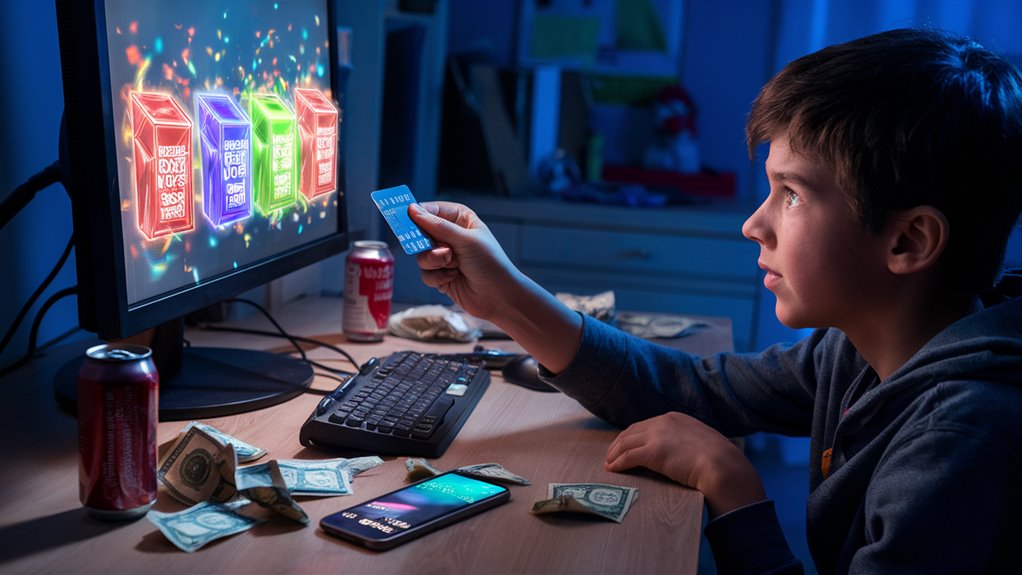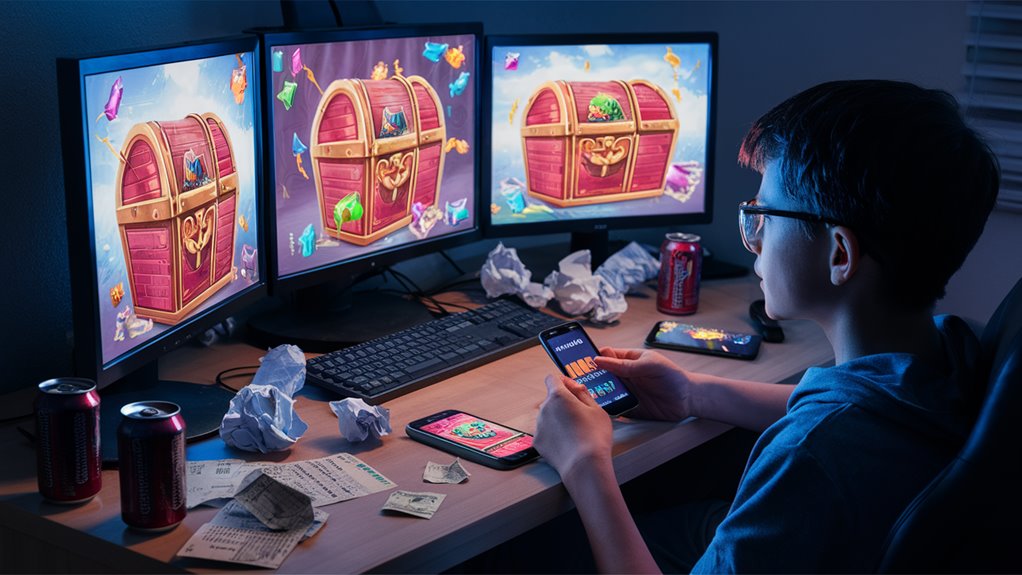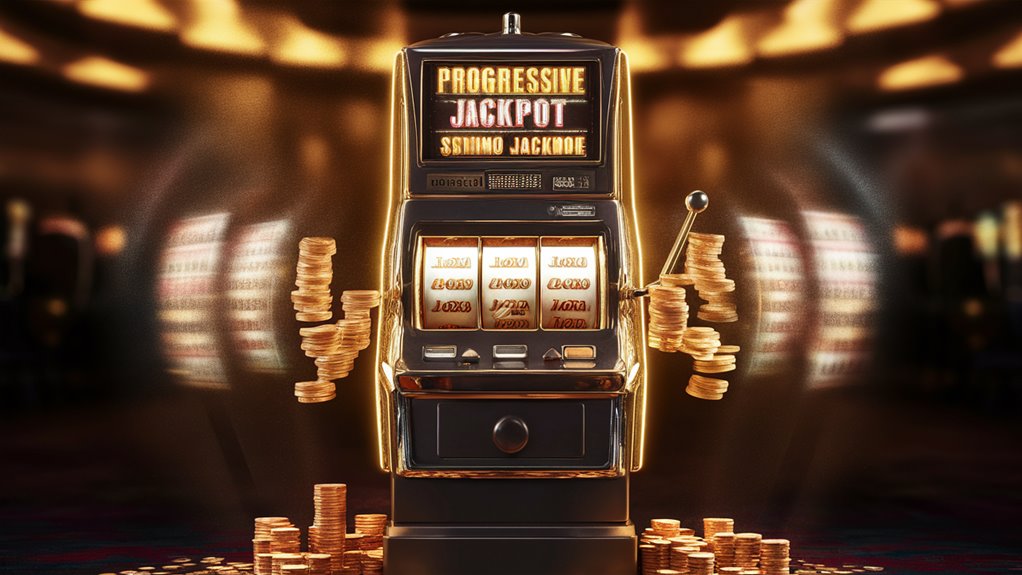Rise of Loot Boxes as Gambling Gateways: A Simple Look

Virtual Gambling
The loot box market has become a huge $20.3 billion world, using clever mind tricks like in casinos. These games use random rewards and beat gambling cool effects that make people keep playing and paying.
Risk for Young People
Kids aged 12-17 spend more, 34% extra on these games. They get a big rush in the brain when they play, making it 3.5 times more likely to gamble as adults.
Ruling on It
Places like Belgium call loot boxes gambling, but it’s hard to make a one rule fits all. Games are changing too, with new ways to buy in-games like battle passes and direct buys.
Change in Gaming
These shifts show how games aim to keep players while being more open. They use clear buys to fit better with the rules and what players want.
How Loot Boxes Work in Games
The Basics
Three main parts make up loot boxes: players can buy boxes for random rewards. The rare things in games are set by number games, from normal drop to rare goodies. The drop system ensures you keep playing with cool effects in the unboxing.
Chance and Rewards
The design comes from the casino world, where surprises make you play more. Even though common items drop often, rare items rarely do, around 1% chance. Not much is said about these chance rules, making experts watch closely.
Tricks Used
Game tricks aimed to make you stay. Cool lights and advanced player sounds make each opening exciting. Random wins and rewards make you come back. This shows a deep know-how of how our minds work sitting in the gaming world.
Mind Games of Virtual Rewards
How Digital Prizes Pull You In
Virtual rewards lead us by well-studied mind tricks, much like old-school gambling does. They work as they keep you guessing when the next win is.
Key Mind Games
Brain Buzz
Digital prizes work in three main ways:
- Looking forward to the prize
- Cool visuals
- Chance of rare loot
Game makers tap into these through smart moves with looks and sounds, grabbing your feelings at each step.
Mind Tricks
They use losses, what you’ve already put in, and keeping things rare to keep you on your toes – all mixed with chances to win in a limited time and what your friends think. When you put in more because you’ve already spent is one of their hooks to get you further. And when rare items mean more in the game world, everyone sees and wants them.
Your Decisions
All these tricks make a complex web that guides you to buy more, often because of the heat and push of the moment.
Risk for Kids
How Loot Boxes Affect Young Players: A Simple Analysis

Why Kids Risk More
Studies show young gamers can’t stop as well when faced with loot boxes. They spend more money often without asking.
Brain Effects and Bad Habits
Young brains buzz more to these games, setting patterns like those seen with gambling early on. Many kids also feel bad when they can’t buy.
Early Playing Leads to Bigger Issues
Starting young with these boxes makes it 3.5 times likely to have gambling problems later. Peer pressure makes it worse, with 82% of young players pushed by friends or famous gamers.
World Rules on Loot Boxes
Rules Everywhere
Different places have different rules. Belgium and the Netherlands stopped loot boxes in 2018.
Different Rules in Different Places
In Asia, they like to show odds in games, but in the US, each state decides its rules. The global game world keeps changing as new rules pop up and 먹튀검증업체 shape how games make money.
Gaming Money Ways Now
New Ways to Earn
The gaming world has moved past loot boxes to things like battle passes and skins you just buy. For example, Fortnite made $5.8 billion just in 2021 with this new method.
Subscriptions
Gaming subscriptions like Xbox Game Pass are getting big, making $11.7 billion a year and still growing.
Free Games and Clear Buys
Even free games earn big by letting you know exactly what you’re buying, like Genshin Impact does. It made $3.7 billion in two years.
Main Money Makers
- Artificial Intelligence
- Premium Looks
- Subscriptions
- Direct Buys
- Season Extras
- Clear Small Buys


